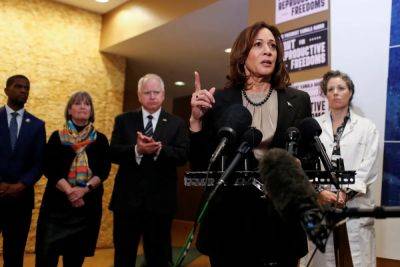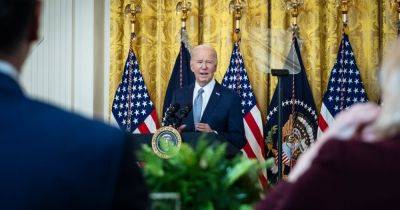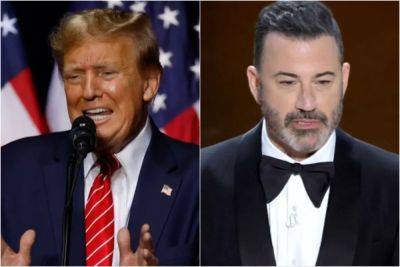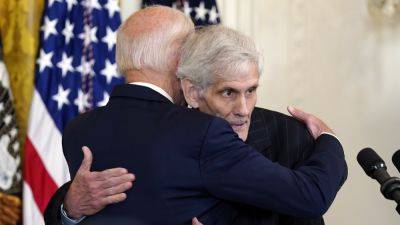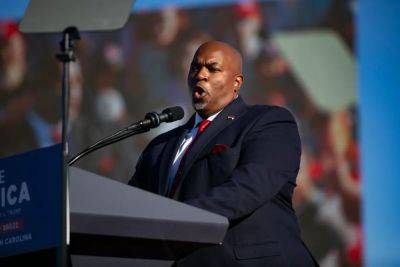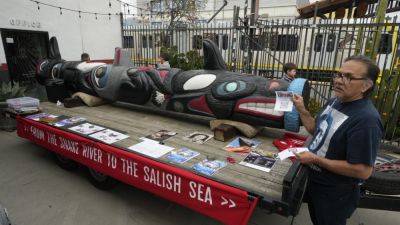Here’s How the Protest Vote Has Played Out in Past Primaries
While activist groups have urged Democrats in Michigan to cast ballots for “uncommitted” to object to President Biden’s handling of the Israel-Hamas war, the idea of casting a protest vote against a shoo-in nominee is nothing new. In past uncompetitive presidential primaries, the typical protest vote has been about 7 percent.
The groups agitating for protest votes have set markedly divergent goals for success, with one group aiming for 10 percent and another group setting a goal of 10,000 — likely to represent substantially less than 10 percent of the vote.
This chart shows protest votes by state in the 2020 Republican, 2012 Democratic and 2004 Republican primaries. In each of these years, the incumbent president ran virtually unopposed in the primaries. The share of the protest vote includes ballots cast for “uncommitted,” “none of the names shown,” “no preference” and minor candidates.
The share of the protest vote can vary widely between states and elections.
One factor that can influence it is whether the primary is open to voters not registered with the party. In 2012, Barack Obama, who was running for re-election with only token opposition in the primary, won just 59 percent of the vote in the West Virginia primary. His opponent was Keith Judd, who was in prison at the time. West Virginia, like many southern states, has a large number of registered Democrats who now vote Republican in presidential elections. Because it has a closed primary, those voters can participate only in the Democratic primary. Michigan’s presidential primaries are open to all voters regardless of affiliation.
Another factor is whether other statewide races are on the same day, drawing voters who otherwise would not have turned out for the


